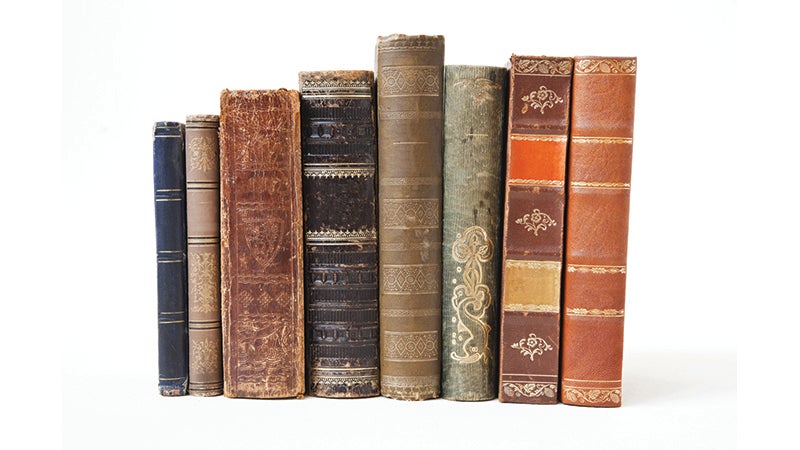History Matters
Published 8:00 am Sunday, March 19, 2023
|
Getting your Trinity Audio player ready...
|
The Grateful American Book Prize
Showing our children that their past is prelude to their future.
By John Grimaldi and David Bruce Smith
March 16 to March 31
A century and a half before the birth of Amazon, Henry Wells and William G. Fargo were traversing the country, and selling their merchandise to gobs of Gold Rush hopefuls in California. Business was so profitable that on March 18, 1852, they–and a coterie of investors–convened in New York City to inaugurate Wells, Fargo & Company.
The organization “also served as a bank—buying gold dust, selling paper bank drafts and providing loans to help fuel California’s growing economy,” according to History.com.
Since then, it has morphed into a worldwide financial titan.
For more information, The Grateful American Book Prize recommends Ralph Moody’s Wells Fargo.
###
On March 23, 1775, Patrick Henry dropped some heated words on the Second Virginia Convention:
“I know not what course others may take, but as for me, give me liberty or give me death!”
Throughout the years, a fury had festered in the territories; King George III imposed onerous taxes and formal military rule; British officials were exempted from criminal prosecution, and the Quartering Act permitted England to house its troops in American barracks, homes, inns, alehouses and barns.
According to History.com, “With the other colonies watching intently, Massachusetts led the resistance to the British, forming a shadow revolutionary government…establishing militias to resist the increasing British military presence across the colony. In April 1775, Thomas Gage…British governor of Massachusetts, ordered [his] troops to march to Concord, Massachusetts, where a Patriot arsenal was known to be located. On April 19, 1775, the British…encountered…American militiamen at Lexington, and the first volleys of the American Revolutionary War were fired.”
A little more than a year later—on July 4, 1776–America proclaimed its independence.
The Grateful American Book Prize recommends Lion of Liberty: Patrick Henry and the Call to a New Nation by Harlow Giles Unger.
###
The first British colony in America was Jamestown, Virginia–founded in 1607. Eventually, 12 more new lands would come; Maryland, for example, was fashioned on March 25, 1634 from a Potomac River island charter granted to George Calvert, the first Lord Baltimore.
According to History.com “religious conflict was strong in the ensuing years as the American Puritans, growing more numerous in Maryland and supported by Puritans in England, set out to revoke the religious freedoms guaranteed in the founding of the colony. In 1649, Maryland Governor William Stone responded by passing an act ensuring religious liberty and justice to all. In 1654, however, the so-called Toleration Act was repealed after Puritans seized control of the colony, leading to a brief civil war that ended with Lord Baltimore losing control of propriety rights over Maryland in March 1655.”
The Grateful American Book Prize recommends the History of the Colony of Maryland by Liz Sonneborn.
###





